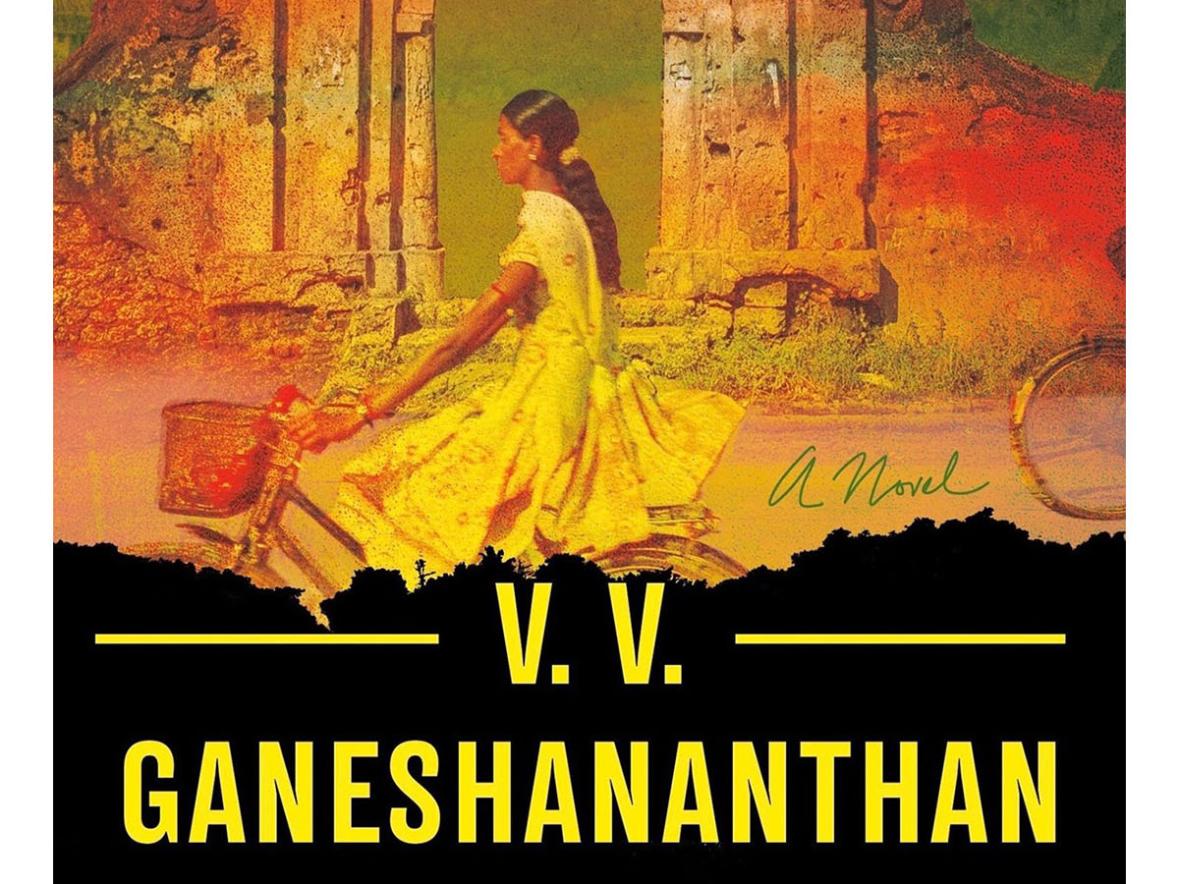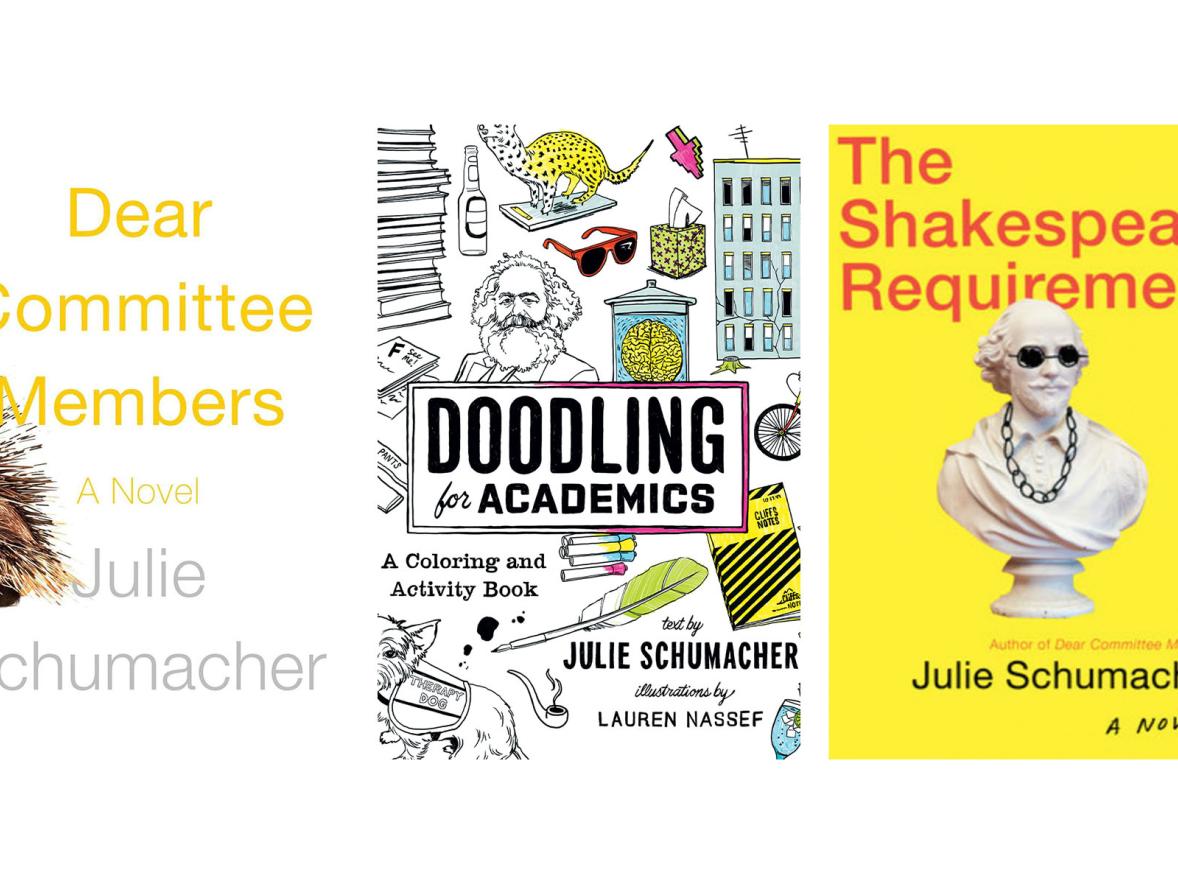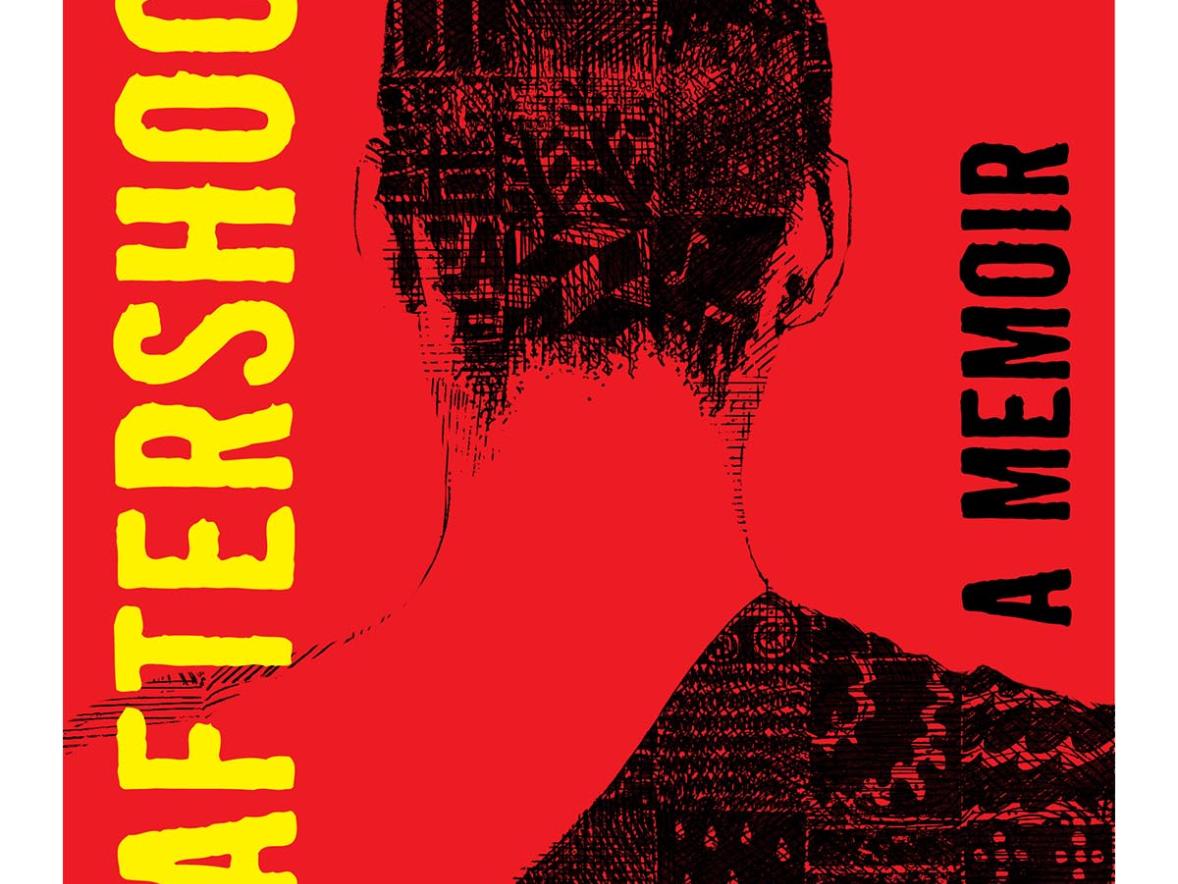UW-Stout’s Literature Committee is hosting its annual Reading Across Campus, a series of free virtual events open to the public.
This spring, the program features George Orwell's iconic dystopian novel “1984,” which portrays a future with a corrupt government that distorts facts and suppresses freedom of thought and expression – a government that keeps its citizens under the eye of Big Brother.
The program will open with a virtual lecture by Gerry Canavan, an associate professor of English at Marquette University, from 7 to 8:30 p.m. on Tuesday, Feb. 16.
“Dr. Canavan is an expert on science fiction, and it is wonderful to be introduced to ‘1984’ by an expert like him,” said Lopa Basu, professor of English and philosophy and co-chair of the Literature Committee, who called the novel a “chilling portrait of a totalitarian society.”
Other events include a screening of “V for Vendetta” from 6:30 to 9 p.m. on Thursday, March 4. “V for Vendetta” was chosen by the Stout Film Society to show how “1984” continues to influence contemporary literature and film. Ken Avidor, author of "Bicyclopolis," will have a virtual reading and discussion at 7 p.m. on Tuesday, April 6. "Bicyclopolis" is a dystopian graphic novel set in Stillwater, Minn.
Reading Across Campus is made possible by a grant from the Office of the Chancellor. Chancellor Katherine Frank has been involved in university and community reading programs throughout her career in higher education.
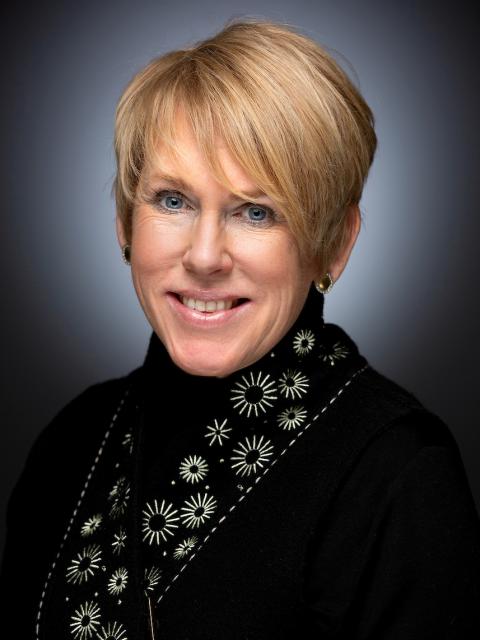
“They are exceptional programs for strengthening cross-disciplinary learning, fostering collaboration, improving communication, inspiring critical thinking and new ideas, and creating change,” she said. “I hope to see our program continue to expand throughout the university and into the community in the future.”
“1984” was chosen as this year’s book by a campus-wide survey based on dystopian novels. It will be read in at least 10 English composition and literature courses.
University textbook services has purchased an electronic version of “1984,” available to all students, faculty and staff. Readers may contact IRS Director Bob Butterfield for an electronic version: butterfieldr@uwstout.edu.
‘1984,’ an alternative world
Canavan, a lifelong fan of fantasy, science fiction and dystopian literature, has studied the genres since he was a kid.
“Now I just happen to get paid for it,” he said. “To me, these sorts of speculative worlds are a very important means by which we try to understand the world. By fiddling with the knobs of reality and seeing all these different alternatives, good and bad, we come to understand both how things are right now and how we wish it were instead.”
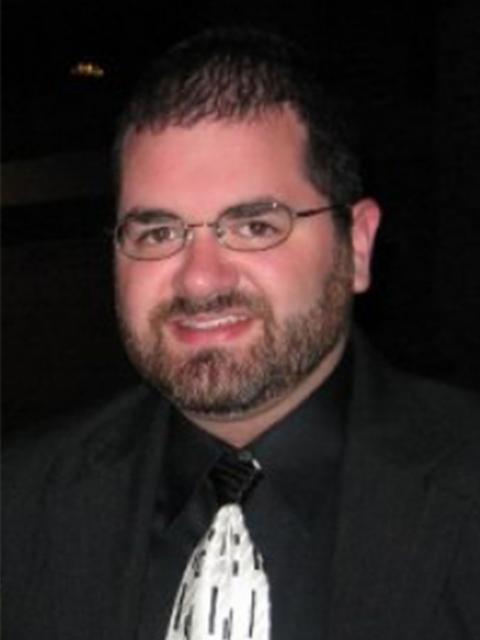
Canavan’s presentation “If There Is Hope...: 1984 and ‘The Principles of Newspeak’” will focus on the novel’s appendix that explains the fictitious language created by Orwell and how the language worked.
“Newspeak controls people's thoughts, their ability to imagine alternatives or even conceptualizing concepts like freedom or revolution,” Canavan said.
“What's important about this material is that it is written in the past tense, suggesting that at some point the fascist government at the heart of the story did collapse, and some new era of liberty and truth did emerge after,” he said. “This is an incredibly hopeful thought for me, and it seems to me to be the part of the novel that most resists the sort of truly horrific pessimism that infuses almost everything else in the book.”
As relevant now as it was then
In a 2017 interview with Wisconsin Public Radio, Canavan reflected on the novel’s reappearance on bestseller lists after the 2016 presidential election.
"'1984' is this powerful statement about the importance of truth and memory and what happens when you lose a sense of that shared consensus reality," Canavan said in the interview. "We’ve really split into at least two nations, everybody getting their own facts."
He believes “1984” periodically reappears on bestseller lists, while at the same time appearing on banned book lists because of its nightmarish possibility of a “future we're all concerned that we're in the midst of creating.
“Big Brother still seems scary, maybe scarier in some ways now than ever. I think its relevance is why it remains controversial: there are people, sadly, for whom it looks more like an instruction manual than a warning,” Canavan said.
Now, after the attacks on Capitol Hill on Jan. 6, and following the presidential inauguration on Jan. 20, is our country facing a more severe division than in 2016? Canavan thinks so, as “people on various parts of the political spectrum inhabit radically different worlds.
“I'm not always the most optimistic person, so I approach this situation with both hope and dread,” he said. “I think this may be an opportunity for healing, but there are indications that it will also lead to additional re-entrenchment and division.”
Reading Across Campus is a collaboration between the English and philosophy department, the University Library and Menard Center for the Study of Institutions and Innovation.





